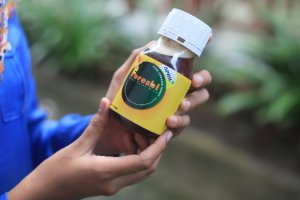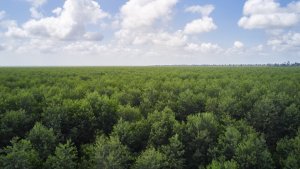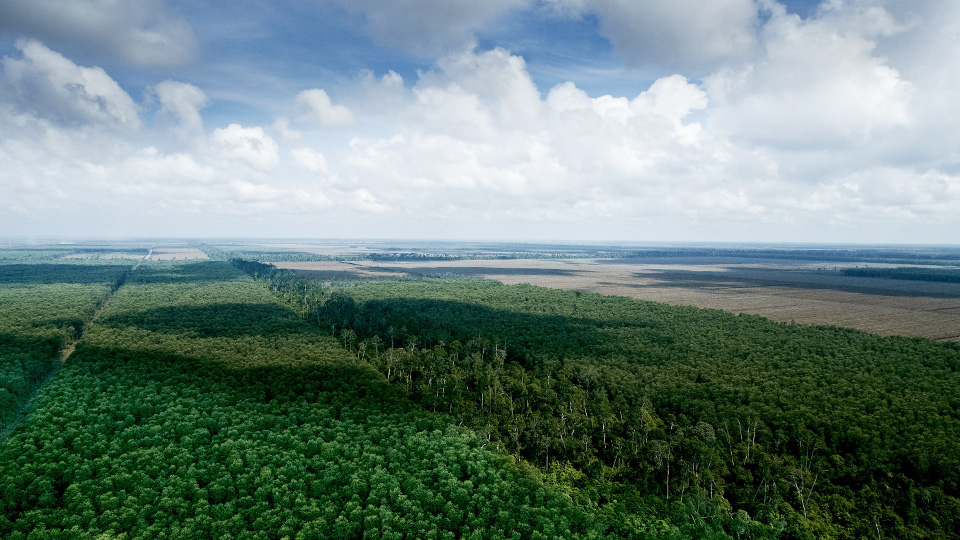Waste Management & How Can We Become Part of the Solution
- Details
Waste Not, Want Not
Indonesia produces 64 million tons of waste every year. Here’s what we can do to play our part and reduce waste from home.
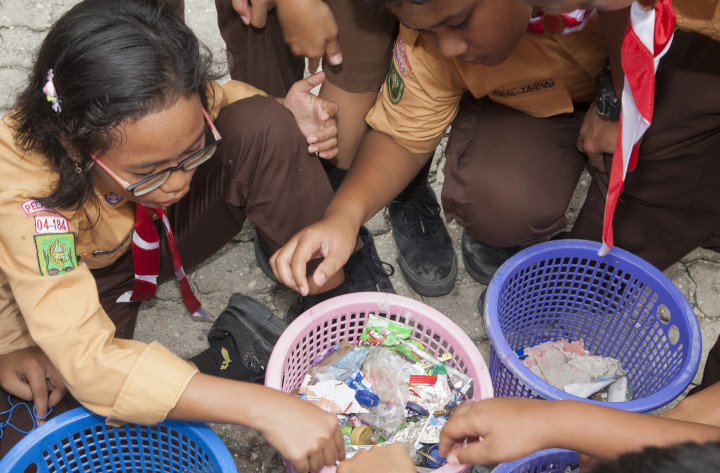
There is no way around it. Waste is an unavoidable by-product of our activities and consumption. From agricultural waste related to the growing of crops to our very own household waste made of kitchen leftovers or shampoo bottles, waste affects our environment and health.
With half of Indonesia’s population currently living in urban areas, it is not a surprise that municipalities generate an estimated 105,000 tons of solid waste a day. To make matters worse, open dumping and landfills are the most widely used method of solid waste disposal in this country.
If untreated, waste releases methane gas. Open piles of trash are often burned, releasing carbon dioxide which contributes to climate change.
Reduce, reuse, recycle
So how can we become part of the solution? We can begin at home. Start with reducing the amount of waste that our households produce, such as purchasing food with minimal packaging; avoid single-use plastic bags; compost kitchen waste; and dispose of hazardous waste responsibly. Repurpose and reuse items when possible – let your creativity run wild.
Segregating waste into biodegradable and non-biodegradable is an effective strategy to reduce the amount of waste that goes to the landfill. By separating the wet waste from dry waste, we are also helping reduce the burden of our overflowing landfills. From households to businesses, each of us must be able to manage our waste better.
After all, change can only happen collectively; and our success at driving such changes will impact the future of our planet as we continue to support the government’s effort to meet the country’s Nationally Determined Contributions in reducing its greenhouse gas (GHG) emissions by 29 percent of the business-as-usual scenario by 2030.
Responsible manufacturing
A serious commitment to improve the sustainability of its business operation is found within APRIL. The pulp and paper company has been certified to meet the ISO 14001 Environmental Management System standard, which impacts the mill’s waste management, air and energy emissions, waste water management and pollution prevention initiatives.
As a company, APRIL places sustainable growth as a central tenet across all its operational activities. To meet the challenges of the next decade, the company is constantly raising the bar on sustainable leadership, innovation and development, which are in line with its APRIL2030 strategic approach to underwrite investments in climate, nature and people. Its target on increasing material efficiency and circularity includes 98 percent chemical recovery and 25 percent less process water use per product ton, as well as an 80 percent reduction in solid waste to landfill, are among the steps taken by the company to ensure sustainable growth.
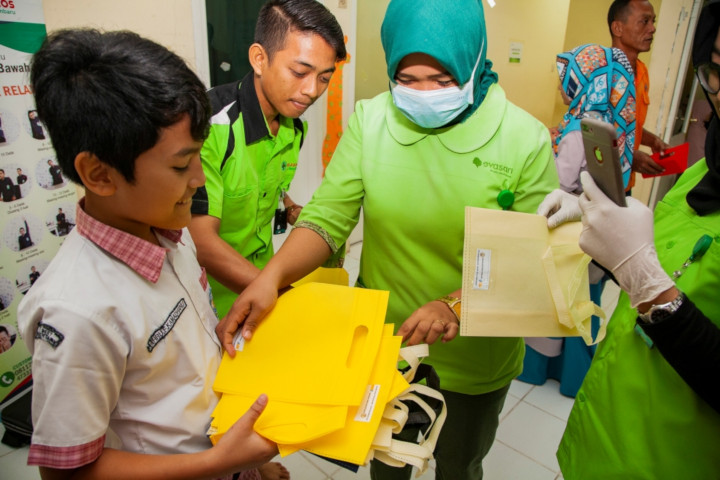
Additionally, embracing sustainable principles as part of the company’s growth strategy also means having the ability to generate change on a more personal level. At APRIL’s RAPP complex in Riau, hotel, school and convenient shop are encouraged to implement responsible waste disposal practices by following simple guidelines such as providing guests with water jugs in the room and providing customers with reusable shopping bags. Moreover, the company is actively encouraging its employees to make environmentally conscious choices in the office and at home through programs like the Plastic Free campaign and #HabiskanMakananmu (Finish Your Food) challenge.
More Articles
